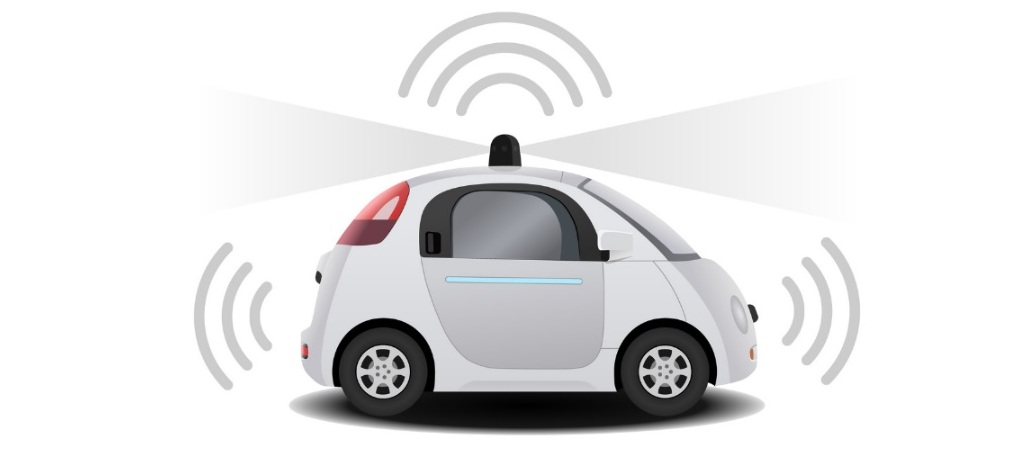
Google has created a subsidiary called Google Autos, LLC. Some are speculating that Google seeks to manufacture and market its own self-driving cars. Google has taken the position that it will partner with a well-established automaker.
by Jackson McNeill
August 6, 2015
Documents obtained this week by The Guardian reveal that Google has created a subsidiary company called Google Auto, LLC.
The documents also reveal that the LLC was set up in 2011, just one year after the tech giant first started investigating driverless cars.
This has led to speculation that Google may be trying to manufacture and market self-driving cars on its own. To corroborate this conclusion, some have pointed out that Google recently registered some with national and international automotive organizations as a passenger vehicle manufacturer, and that it was licensed as a carmaker in California last year.
While Google has so far declined to comment on the documents, it has otherwise taken the position that it’s seeking to partner with a well-established automaker rather than trying to manufacture cars by itself.
Chris Urmson, the head of Google’s driverless car project, previously told USA Today, “Making cars is really hard, and the car companies are quite good at it. So, in my mind, the solution is to find a partnership.”
ALSO SEE: Google Self-Driving Cars Hit California Roads
Urmson even announced partnership talks with big-name auto manufacturers at the North American International Auto Show in January, including potential discussions with General Motors, Ford, Toyota, Daimler, and Volkswagen.
Google’s current prototypes consist of retrofitted Lexus, Audi, and Toyota vehicles, as well as a number of custom vehicles from Roush Performance Products, Inc.
A partnership also seems to make sense for the technology giant, who currently has neither the factories nor (presumably) the expertise to manufacture automobiles on its own.
In light of these facts, some have speculated that the recently discovered LLC is merely a tactic to limit Google’s legal and financial liability. Generally, when you set up a separate LLC, the parent company can’t be held liable for the debts or legal liabilities of its subsidiary.
ALSO SEE: What Are the Advantages of an LLC?
As Anita Krug, a law professor at the University of Washington in Seattle said, “When you have a separate entity, you generally have separate liability protection… The idea is that if the subsidiary has financial difficulties, creditors should not be able to go after the parent company’s assets.”
Clearly, creating self-driving cars would be an expensive and risky proposition that would benefit from this type of protection.
ALSO SEE: Google Tried to Buy a Veggie Burger Startup for $300 MILLION
Still, no other project developed at “Google X” has been cordoned off into a subsidiary, including Google Glass. As such, one has to wonder if Google has bolder plans for its automotive division.
In any case, consumers will probably have to wait a few more years to see what Google is planning. Recent statements from the company say that a retail rollout of its driverless cars won’t happen until 2020, at the earliest. Until then, expect Google Auto, LLC to remain a mystery.
Topics: Google, Google Inc.










